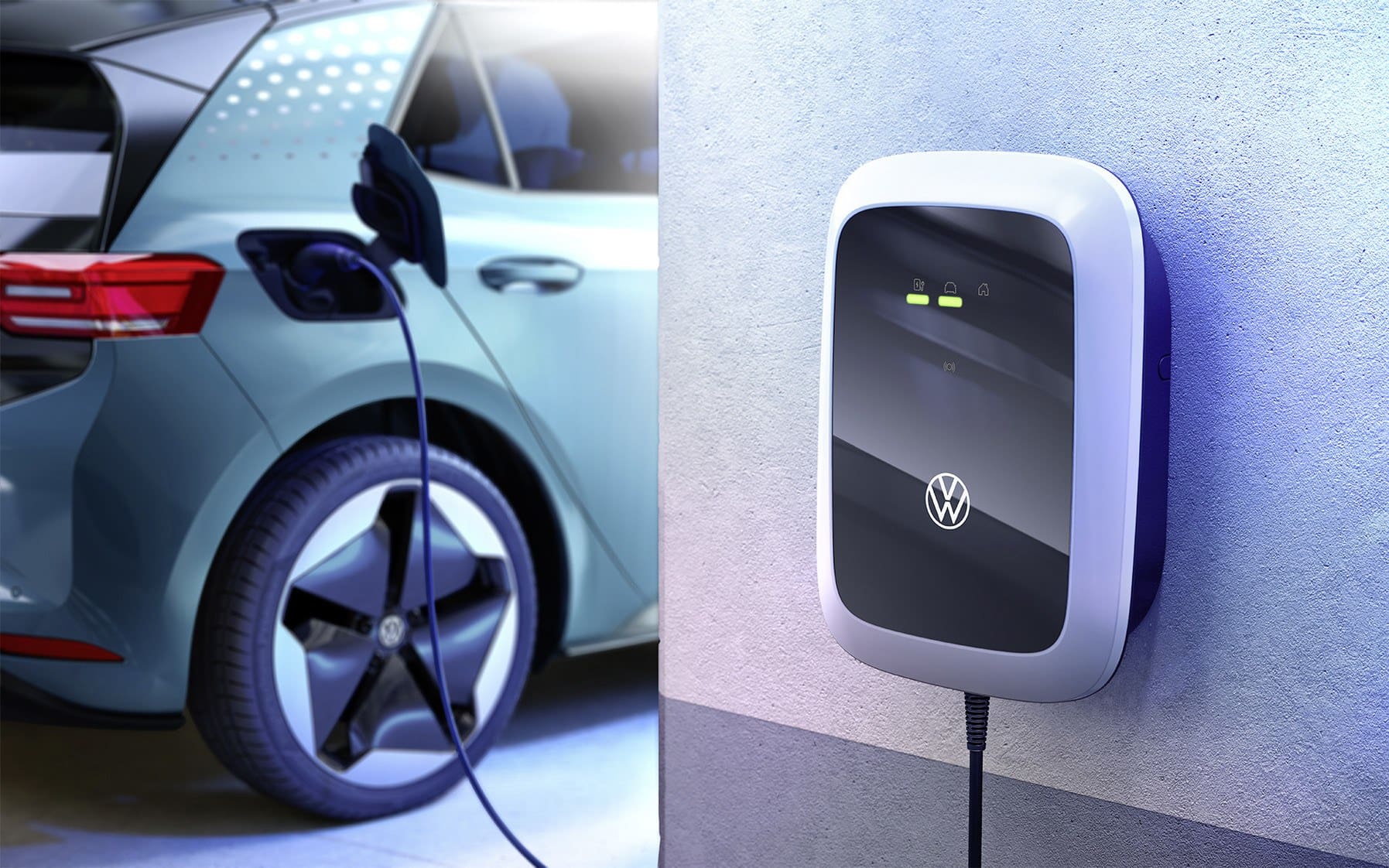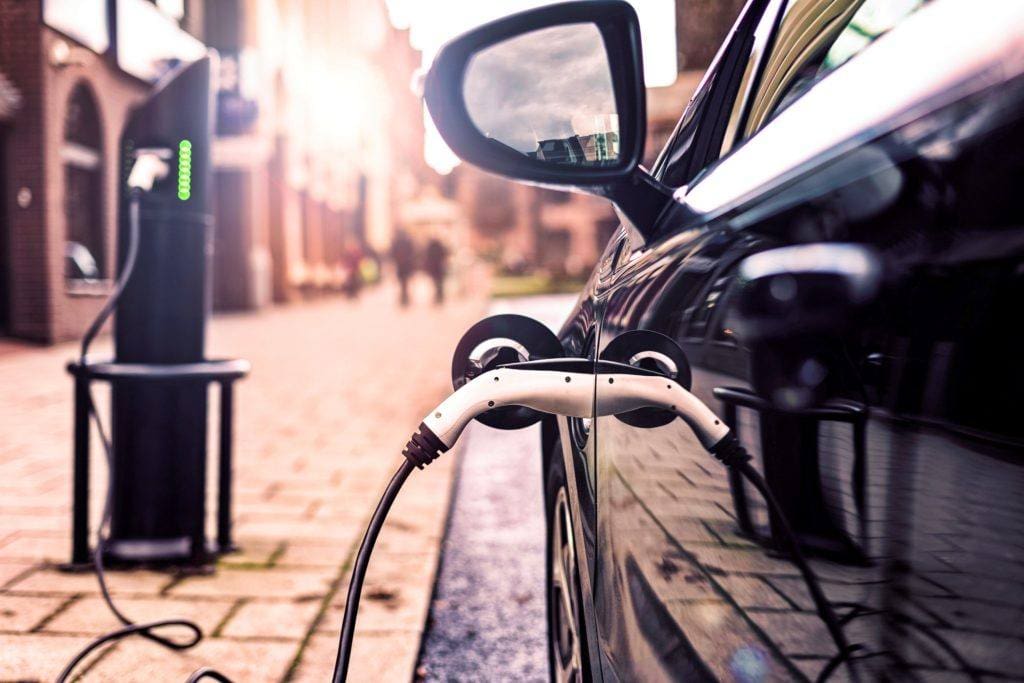Sales of new electric vehicles rose to over 8% in 2021 according to figures from The SIMI (The Society of the Irish Motor Industry). The Irish Government hopes that by 2030, there will be 1 million electric vehicles on Irish roads.
But what are the things you should consider before moving into an electric vehicle in 2022?
1) Doing research on owning an EV.
You should do your research before any car purchase. But, with an electric vehicle, there are some extra things to consider. Therefore, you really need to have an honest assessment of whether this suits you.
“At the moment a large percentage of Irish drivers are looking at transitioning to driving electric. The area I’d start looking at if I was a potential EV driver is ‘what is the actual mileage you do on a day to day or week to week basis?” says Derek Reilly, of the EV Review Ireland YouTube Channel.
“This will give you the battery size you should look at and the models with that battery size.”
Choice
There is a whole lot more choice on the Irish market than there was 24 months ago when it comes to full EVs, so cars that only use a battery. Most of the major manufacturers now have a Battery Electric Vehicle (BEV), or will soon launch one, and the availability is much better and the cost is coming down.
Battery Sizes
Battery sizes vary, and generally, the larger the battery, the further the car will go from one charge. Cars like the Honda E have a small 35kWh battery, enough for around 210km, whereas a Tesla Model S has a battery almost three times the size (100kWh) and can manage around 575km from a full charge.
But a bigger battery will also cost you more money. So, figure out if you really need the biggest battery, because you will pay for it. Take, for example, the Volkswagen ID.3. A well-equipped Executive 58 kWh ID.3 will cost you, as a private buyer after grants, €39,530. But you will pay around €3,000 more for a version with a 77 kWh battery that is capable of about 100km more range. Sure, you also get more power, but do you really need to spend that much more money to save yourself some extra charging time?
Then you need to look at what your daily commute is like. Do you travel 100km each way to work? Or is it more like 20km? These things will all colour your decision.
2) Can you charge your EV at home?
If you live in an apartment complex or in a Terrace, you might not be able to get a wall box fitted to your home. This can be a major obstacle to electric car ownership. You could theoretically depend on the public charging network, but then you are at the mercy of these being operational which isn’t always the case, or by them being blocked by other EVs or even worse, as is often the case, blocked by drivers of ICE (internal combustion engine) cars, who park in the spots regardless. Most modern homes should be able to provide a single-phase connection, with up to 7.4 kW charging power. This will be enough to charge most EVs overnight.
Grants
Charging at home is the cheapest and most convenient way to charge an electric vehicle and it means that you can come home in the evening, plug in and wake up to a full battery, usually having paid a lower rate of electricity if you are on a night rate plan. Costs vary for Wallboxes, but there is a €600 SEAI grant available towards the purchase and installation of a home charger unit which covers the main bulk of the cost.
The applicant must be the owner of an eligible new or second-hand electric vehicle. New for 2022 is the availability of an Apartment Charging Grant. How this will work, is that support will be provided to the Owners’ Management Companies (OMCs) to install the electrical network and any shared chargers. Secondly, each resident will be provided with support to install a charge point to connect to the local Apartment / Multi-Unit Development (MUD) charging network.

3) EVs cost of ownership
There is an argument that EVs are expensive and on the face of it they are, but there are seriously generous grants still available for EVs right now which won’t last forever.
All electric vehicles up to a total price of €60,000 have an SEAI grant of €5,000 and there is also a Vehicle Registration Tax (VRT) Rebate that varies depending on the value of the car. Vehicles with an Open Market Selling Price (OMSP) of up to €40,000 are granted relief of up to €5,000. Vehicles with an OMSP of greater than €40,000 but less than €50,000 will receive a reduced level of relief and there is no relief for cars above €50,000.
Again, let’s take a Volkswagen ID.3. The list price is a 58 kWh Executive version is €47,595, you get €5,000 SEAI grant and then another €3,065 in VRT relief, bringing the price down to €39,530. This is more expensive than the most expensive Volkswagen Golf R-Line 2.0 TDI 150 DSG (€39,250) but you will have cheaper running costs with the EV.
A tank of fuel in the Golf will cost you about €75 (45-litre tank) and will bring you about 800km. A full charge in the ID.3, at night rate electricity at home will cost around €6 and will bring you around 400km conservatively. These are significant differences. With higher taxes and penalties likely to be applied to CO2 producing (at tailpipe) cars in the near future, the costs of running non-electric vehicles will get higher and higher.
4) Long distance journeys in an EV
If you drive an EV you need to be able to think a few steps ahead. By and large, you will be fine most days, but there can be days where you have to do longer journeys and there are a few things you need to know. How far is your journey, what are the charging points like on the way and when do you need to come back? You might be driving from Dubin to Cork, and your car might make it, but when do you plan to come back – the same day?
5) Will EVs get cheaper over time?
Despite the fact that there are great grants that won’t be around forever, the prices of EVs are expected to fall over the coming years, as battery technology develops including the onset of solid-state batteries. Sure, in the future there might not be the grants you get now, but expect much more basic, entry-level cars to come which will be more affordable as the technology becomes more commonplace.










